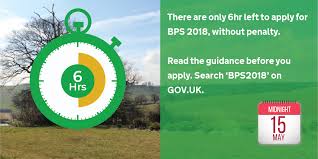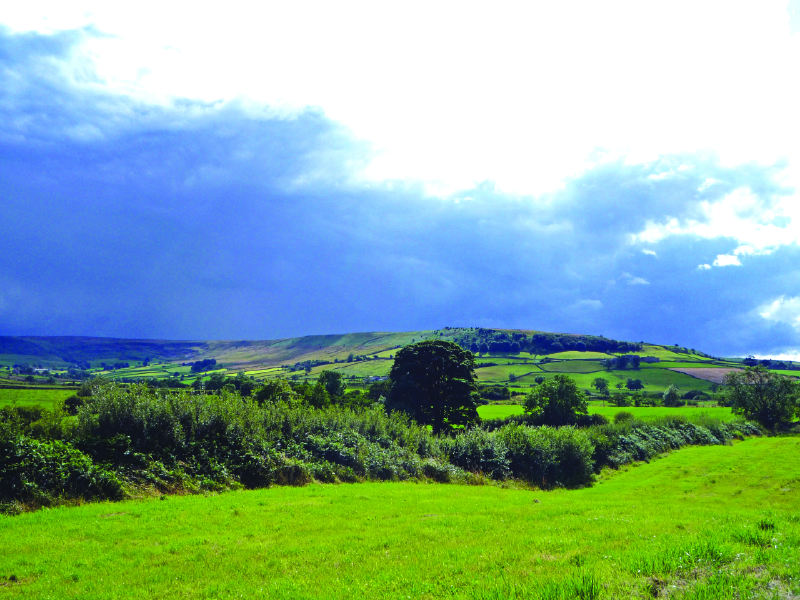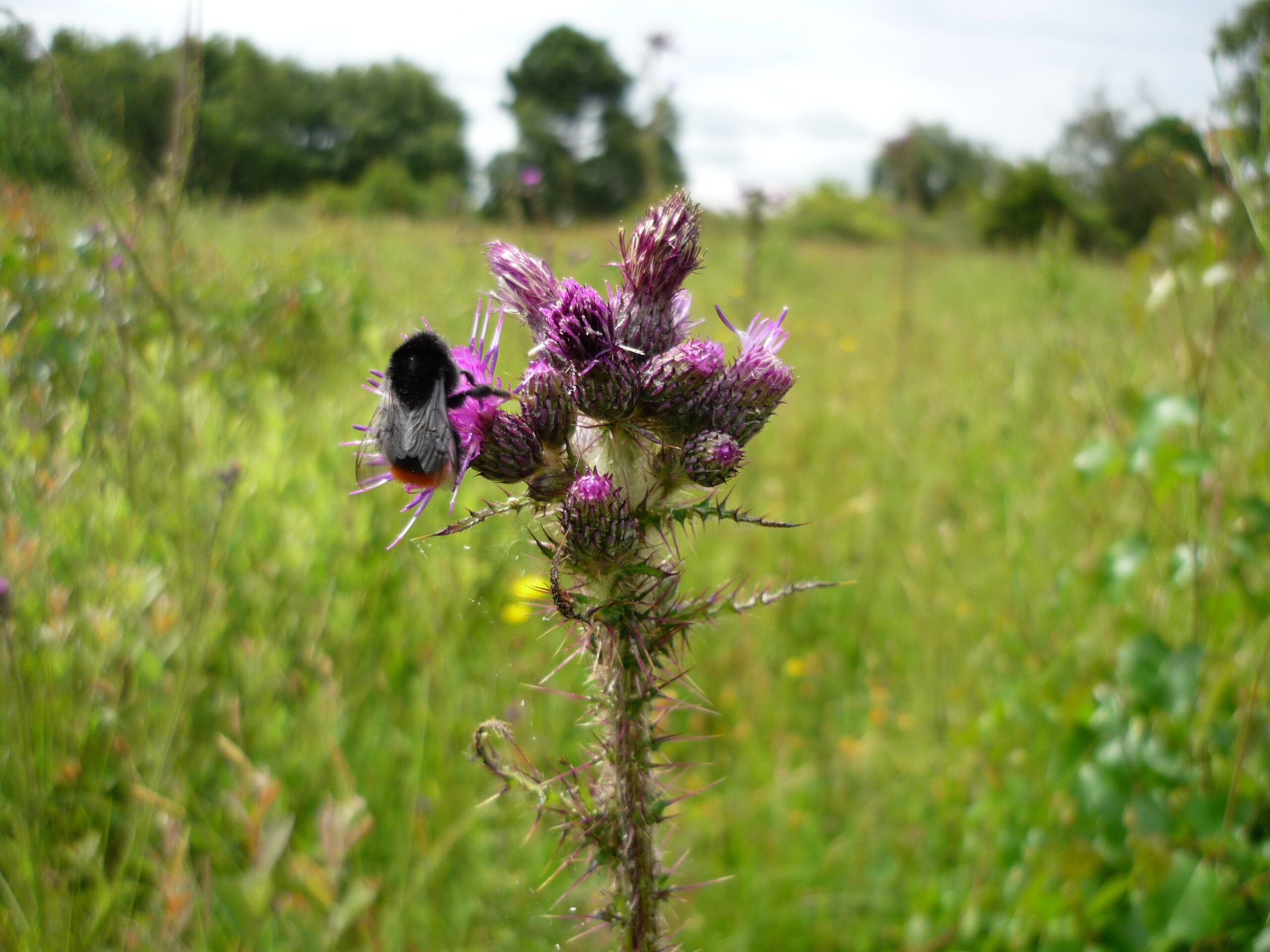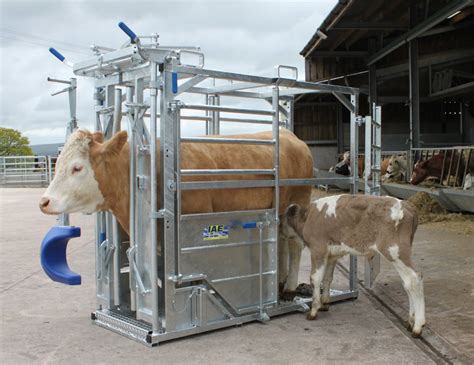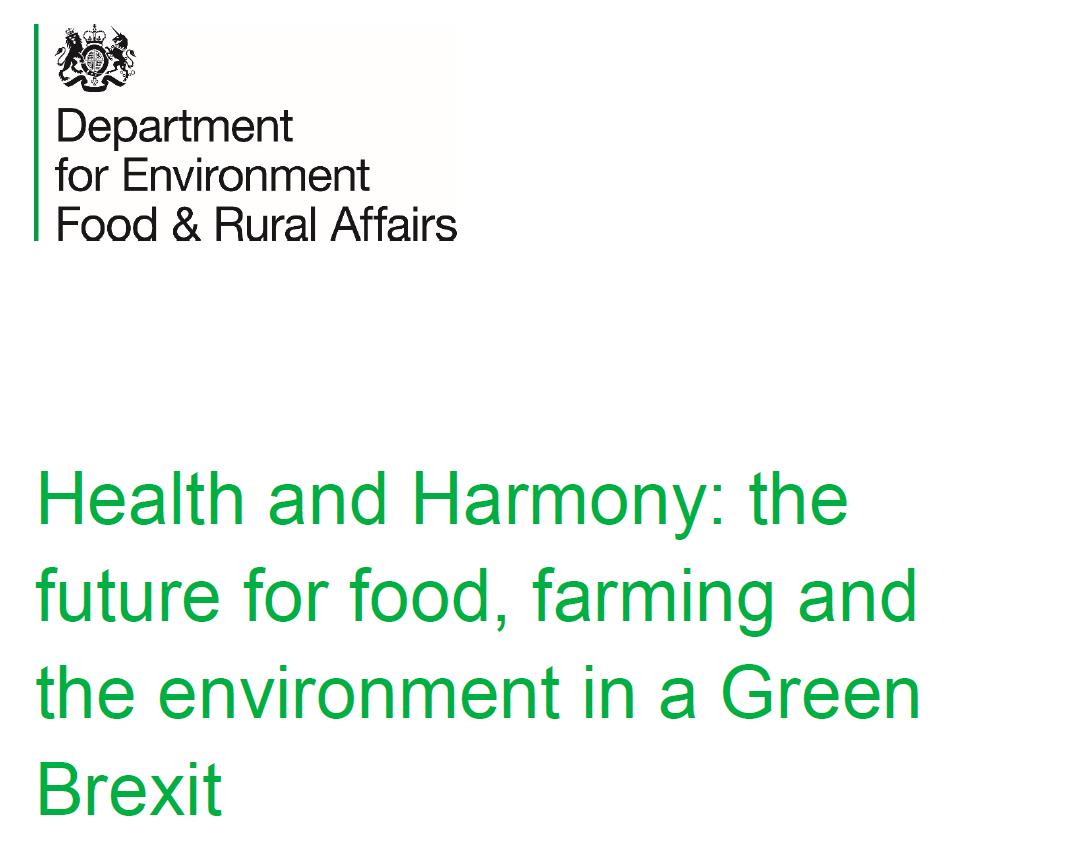Anyone who has struggled to submit their 2018 BPS forms over the past few weeks will not need reminding of the shortfalls of the Rural Payments Agency. However, the performance of the Agency has been criticised once again in a report from the Environment, Food and Rural Affairs (EFRA) Select Committee of Parliament.
The Committee found that it was ‘unacceptable’ that over 3,000 claimants were still waiting for their 2017 payments by March 2018. The report went on to highlight ‘poor communications and complaints handling’, errors from mapping updates, and incorrect payments. Concern was raised over the RPA’s ability to take on the administration of Countryside Stewardship schemes from this autumn. The report makes a number of recommendations for improvements to the service offered;
- a more ‘stretching’ payment target for 2018 of 98% of payments made by the end of March
- developing a system to allow farmers to make mapping changes directly onto the online mapping system
- set out a strategy for improving communication and complaints handling. This should include changing the helpline so claimants have a single point of contact with the RPA (i.e. a dedicated Case Worker)
- publish an ambitious set of key performance indicators for delivering the Countryside Stewardship scheme
- be fully involved in ant Brexit discussions to ensure that ‘operational practicalities are properly reflected in policy development’. The Committee states that ‘the RPA’s history of failing to deliver workable payment systems does not fill us with confidence that it has either the capacity or expertise to deliver a seamless Brexit transition’
The full report can be accessed via; https://www.parliament.uk/business/committees/committees-a-z/commons-select/environment-food-and-rural-affairs-committee/inquiries/parliament-2017/work-of-the-rural-payments-agency-17-19/
